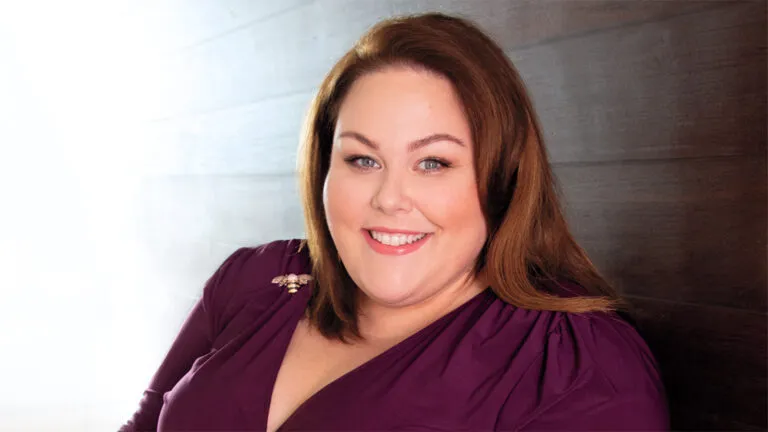“Grief is a cruel kind of education,” writes the award-winning novelist Chimamanda Ngozi Adichie in the early pages of her powerful new memoir, Notes on Grief.
“You learn how ungentle mourning can be, how full of anger. You learn how glib condolences can feel. You learn how much grief is about language, the failure of language and the grasping for language…. Grief is not gauzy; it is substantial, oppressive, a thing opaque.”
Adichie’s writing leaps off the page and grabs readers in a fierce, emotional embrace. The raw, gaping loss she describes in this slim volume about the death of her father in the summer of 2020 is, in my view, what qualifies it as a “Positive Reading List” selection.
Positive? How could such pain be positive?
Because it is true.
In this space, I write about “authentic positivity,” the idea that positivity is incomplete and even false if it does not acknowledge and embrace the full range of emotional experience, including the so-called “negative” emotions of sadness, anger and grief.
In describing the chasm Adichie’s father left in her life and heart—and in honestly sharing the unexpected ways in which the loss left her unmoored and desperately sad—she defines what authentic positivity looks like in the context of grief. In particular, she offers two profound truths for anyone who has experienced a devastating loss.
One is that loss is loss is loss. That Adichie’s father was 88 years old when he died of unexpected complications from kidney failure does not change the profundity of his loss. As she puts it, “Age is irrelevant in grief.”
The other is that in acknowledging the heavy, messy, cruelty of grief with soul-rending honesty, Adichie offers a narrative that stands in refreshing contrast to the language of sympathy that can only be described as “toxically positive,” such as “he’s in a better place” or “at least you have memories of your time together.”
I read the 67 pages of “Notes on Grief” in a recent afternoon, feeling each word coursing through me as I near the second year after the loss of my own father, who died at age 74.
If grief is “a cruel kind of education,” this book was a loving kind of education, the sort that makes space for anyone who has ever lost a loved one to move through their pain with the brave, heart-rending understanding that comfort and grief are not opposites.





